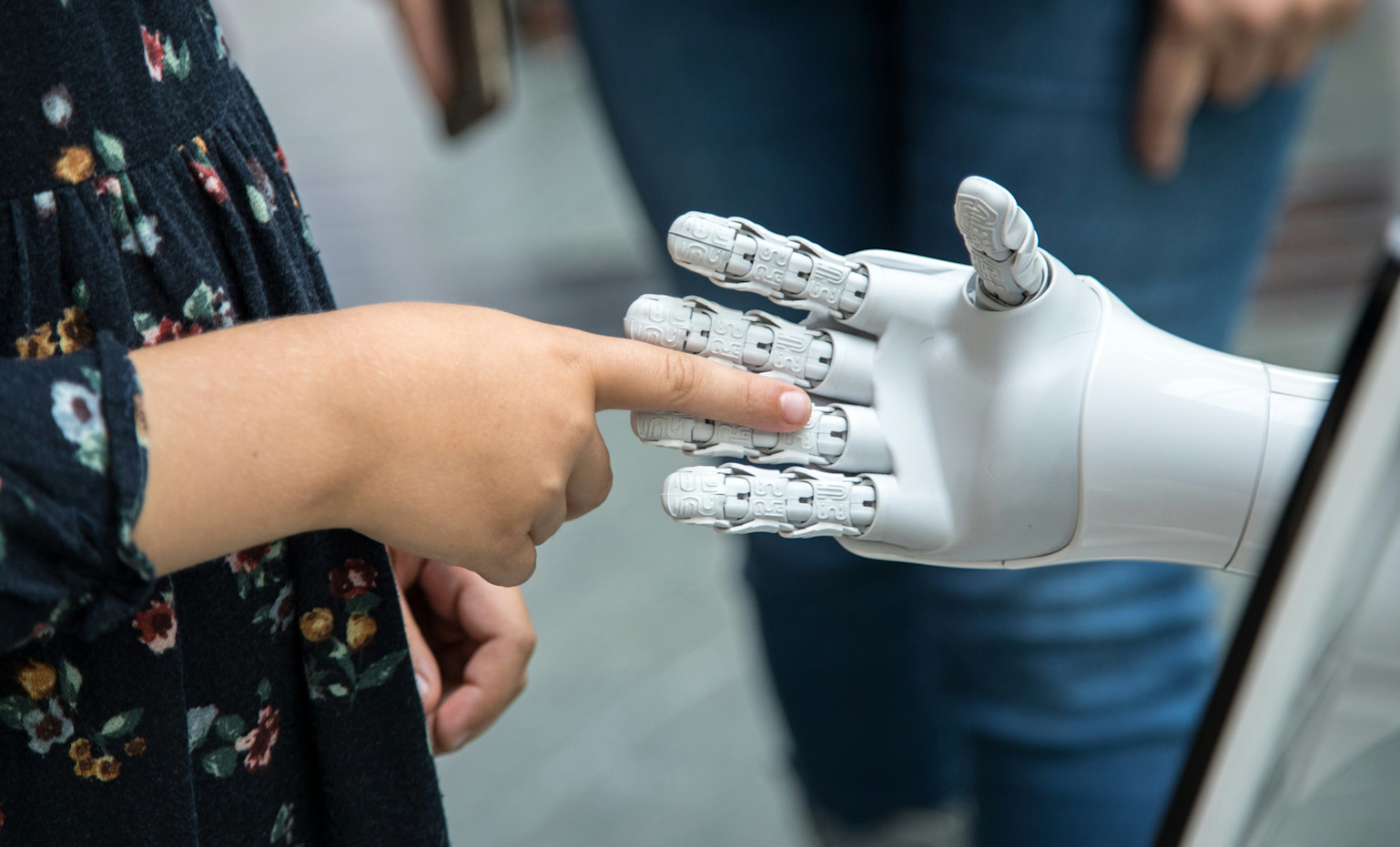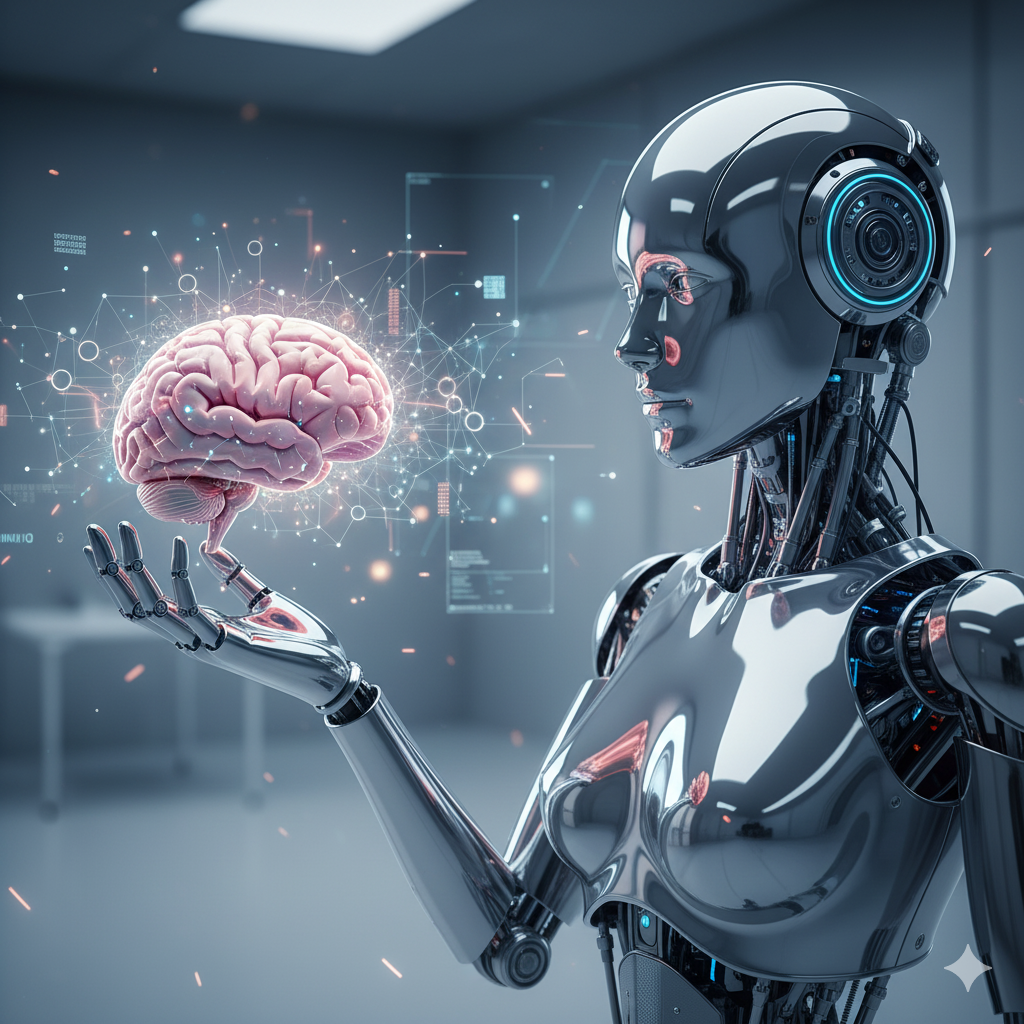The Human Agent of the Future: 5 Skills You'll Need to Work Alongside AI


For years, the rise of artificial intelligence has been framed as a threat to human jobs. The narrative has focused on automation as a force of replacement, but this perspective misses a more powerful and optimistic truth. The future of work is not a zero-sum game between humans and machines; it's a dynamic partnership where each complements the other's strengths. In this new paradigm, the role of the human agent isn't diminished—it's elevated. To thrive in this AI-powered world, human agents must evolve their skill sets, moving away from routine tasks and toward capabilities that are uniquely, and irreplaceable, human.
Here are five essential skills that will define the most valuable and sought-after human agents of the future.
1. Empathy and Emotional Intelligence
No matter how sophisticated a Voice AI becomes, it cannot replicate genuine human empathy. While an AI can be programmed to detect a caller's tone and respond with a pre-scripted phrase, it lacks the ability to truly understand and share a customer's feelings. The human agent of the future will excel at:
Active Listening: Hearing not just the words a customer says, but the emotions behind them.
Building Rapport: Creating a personal connection that builds trust and loyalty.
Complex De-escalation: Handling emotionally charged situations with grace and compassion, something an AI cannot do.
As AI handles the simple, repetitive inquiries, human agents will become the go-to experts for high-stakes, emotionally sensitive interactions.
2. Strategic Problem-Solving
In the past, many agent interactions were guided by a rigid script or a simple FAQ database. With Voice AI handling these basic queries, the human agent's role shifts to that of a strategic problem-solver.
Moving Beyond the Script: The AI has already handled the common questions, so the human agent is now faced with the most complex, nuanced, and unique challenges that a customer presents.
Connecting Disparate Information: The human agent will need to be skilled at pulling information from various sources—the AI’s summary of the call, the CRM, past interactions—to diagnose and solve a problem holistically.
Creative Solutions: The best agents will be able to think outside the box to find novel solutions for issues that fall outside of the standard operating procedures.
3. Data Interpretation and Analysis
Voice AI platforms are data-generating machines. They capture, transcribe, and analyze every interaction, providing a wealth of information about customer behavior, common issues, and conversation trends. The human agent of the future will need to be a skilled data interpreter.
Leveraging AI Insights: Agents will use the data provided by the AI to better understand the customer’s context and anticipate their needs. This allows them to jump into a conversation already fully briefed and prepared.
Identifying Trends: They will be able to identify larger trends or recurring issues that the AI is encountering and communicate these insights to management or the product team.
Improving the AI: By understanding the data, agents can also provide valuable feedback to help train and improve the AI’s performance, making the entire system smarter and more efficient.
4. Change Management and Adaptability
The one constant in technology is change. A Voice AI platform will not remain static; it will be continuously updated, improved, and given new features. The human agent of the future must be agile and adaptable.
Comfort with New Technology: They will need to be comfortable adopting new tools and workflows as they become available.
A Learning Mindset: The willingness to learn and embrace new processes will be a key differentiator.
Mentoring and Training: As AI becomes more integrated, experienced human agents will play a crucial role in training new hires on how to effectively work in a hybrid environment.
5. Collaboration and Communication
In a hybrid human-AI environment, seamless collaboration is non-negotiable. The relationship between human and AI agents must be fluid and efficient.
Clear Handoffs: The human agent must be able to understand the AI’s summary of a conversation and pick up the call without missing a beat.
Effective Communication: They will need to clearly communicate with both the customer and their AI partner. This may involve using specific commands or protocols to get the AI to perform a task.
Teamwork: The human agent will be part of a new kind of team, one that includes both human colleagues and AI counterparts. Success will depend on the ability to work together to achieve a common goal.
The human agent of the future is not a robot. They are a problem-solver, a strategic thinker, and a master of empathy. They are not defined by the tasks they perform but by the uniquely human skills they bring to the table. In this new era, AI is not a threat to the human agent's existence—it is the key to their evolution.


